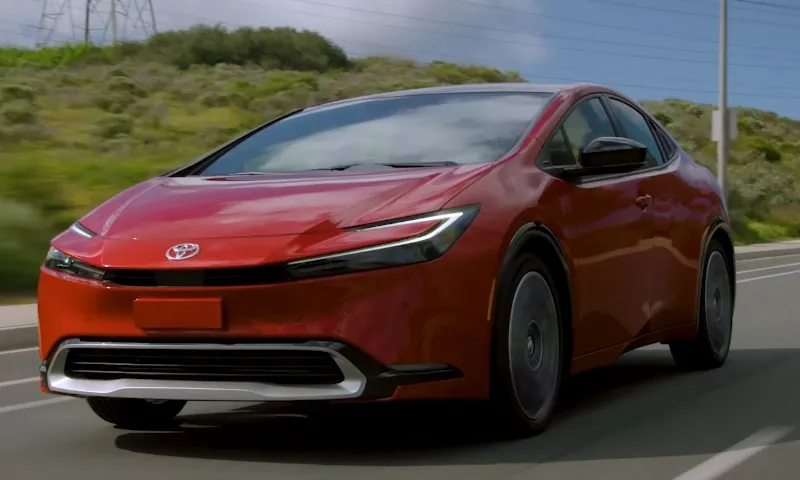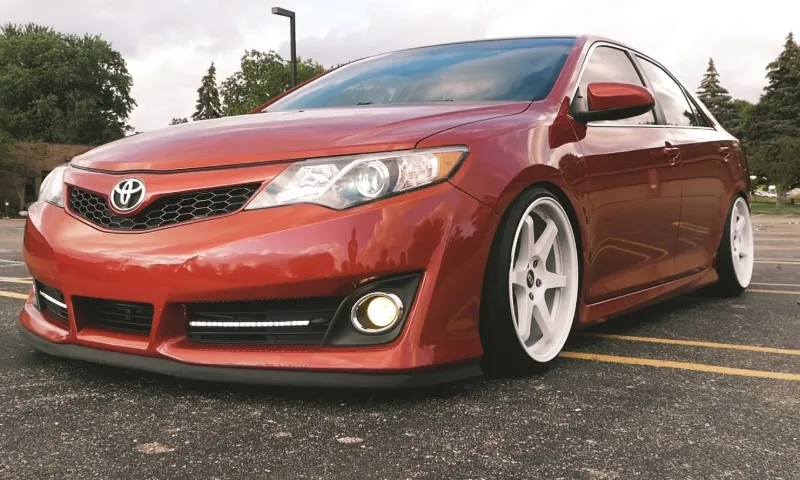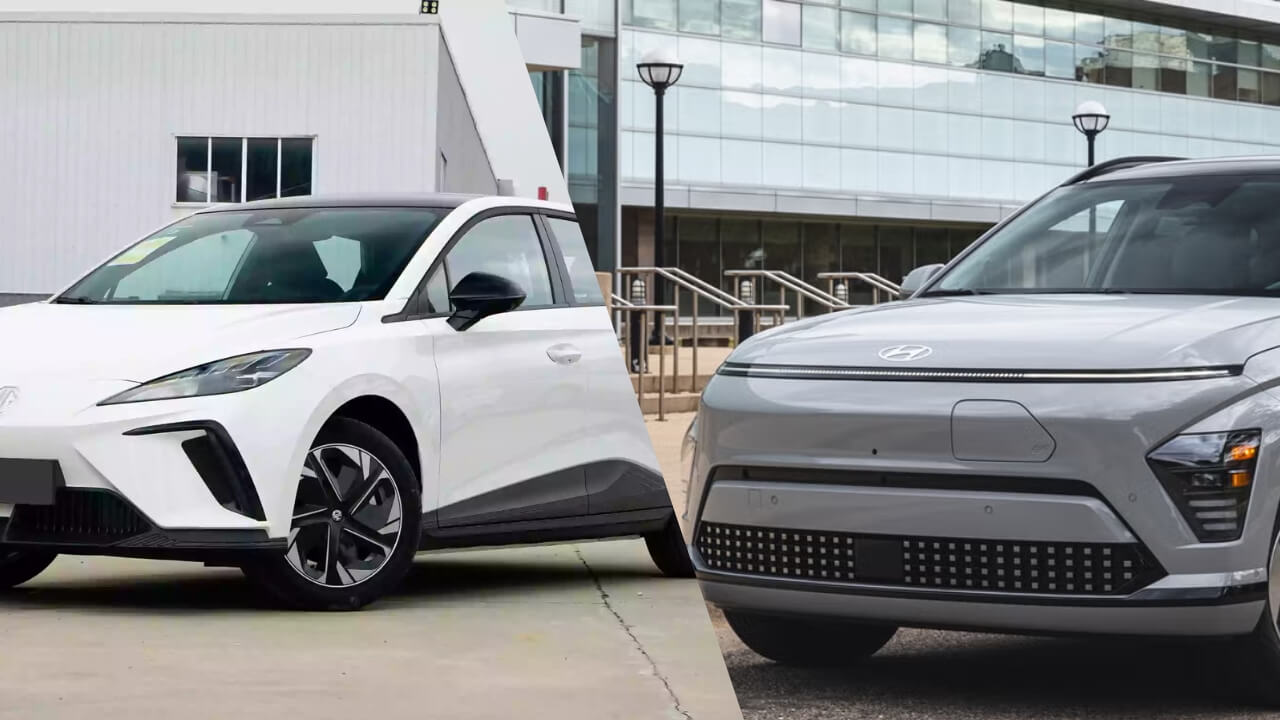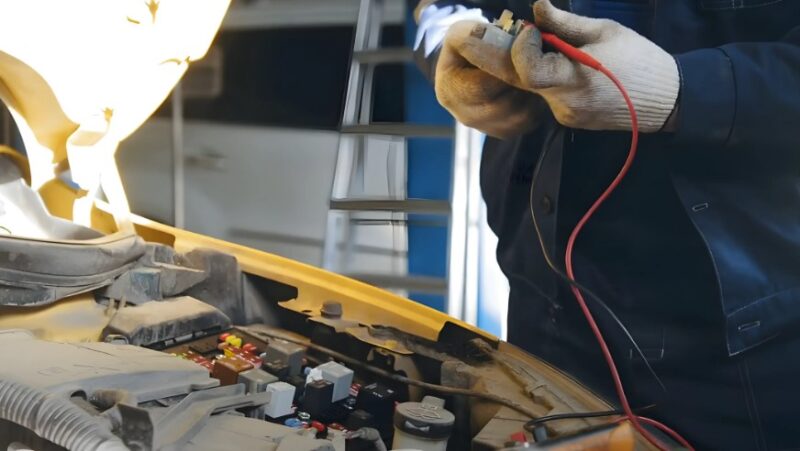
Share Post:
Dealing with persistent electrical issues in your car can be a draining experience, both emotionally and financially.
When your once-reliable vehicle becomes a source of constant headaches, you’re left wondering if it’s worth the investment to repair or if it’s time to part ways.
Let’s explore what you need to know to make the best choice for your situation.
Table of Contents
ToggleHighlights
- Repair minor issues if cost-effective; consider selling if repairs exceed half the car’s value.
- Electrical problems stem from aging components, environmental damage, faulty maintenance, or software glitches.
- Selling a problematic car can offer peace of mind and access to newer features, but comes with higher upfront costs.
Specifics Regarding Electrical Problems and Why Do They Happen?
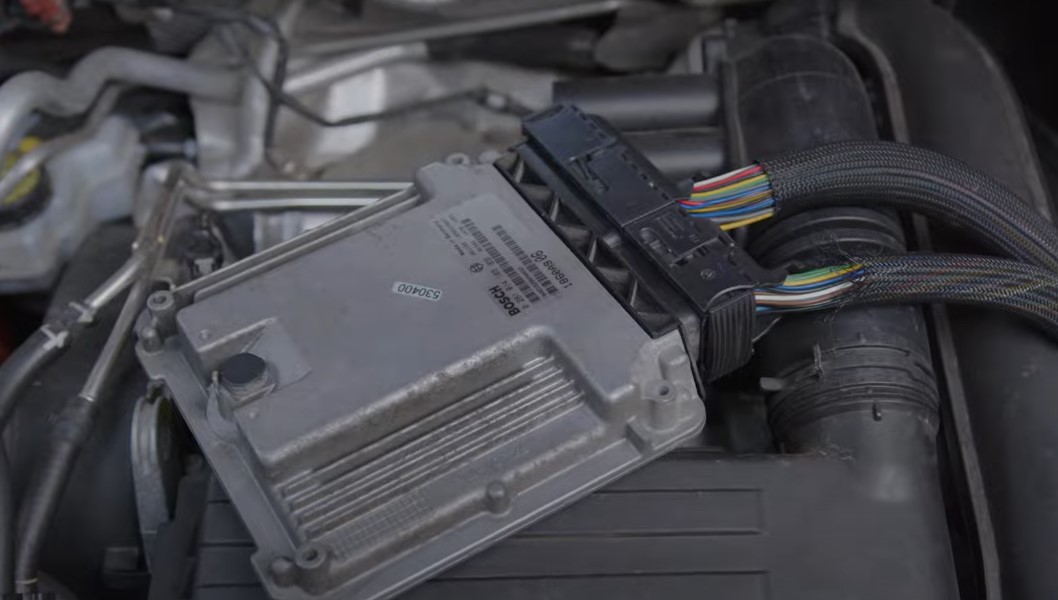
Modern vehicles are packed with technology, from sensors and wiring to advanced control systems that handle everything from starting the engine to keeping you entertained on long drives.
Over time, these systems can break down, causing problems like malfunctioning headlights, failing power windows, or even a car that won’t start after sitting idle for a few days.
A classic example that embodies how these problems can escalate is the Kia Sedona, which has been known to experience complete electrical failure if left unused for several days. Stories like this show just how inconvenient electrical problems can be.
Why Electrical Systems Fail
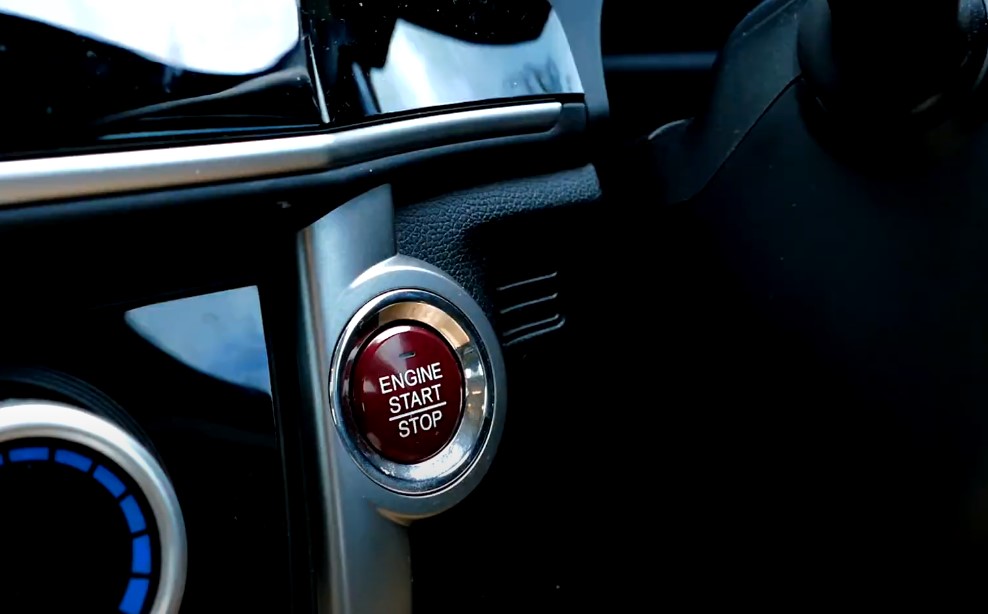
Electrical systems in vehicles are highly complex, consisting of an intricate web of wiring, sensors, fuses, relays, and control units.
Over time, this elaborate setup can succumb to various issues, leading to persistent failures. Down below, you’ll find the most common reasons why these systems can break down.
Aging and Wear
Much like other mechanical parts in a car, electrical components degrade over time. Wiring can corrode or become brittle, rubber seals may dry out and crack, and connections can loosen due to vibrations or repeated use.
For instance, older vehicles often experience issues with power windows or dashboard lights due to the deterioration of key electrical components.
Environmental Damage
Exposure to moisture, extreme temperatures, and road salt can wreak havoc on a vehicle’s electrical system.
Moisture can lead to short circuits, while road salt accelerates corrosion in wiring and connectors. Extreme heat or cold can also affect battery performance and the integrity of electrical insulation.
Faulty Fuses and Relays
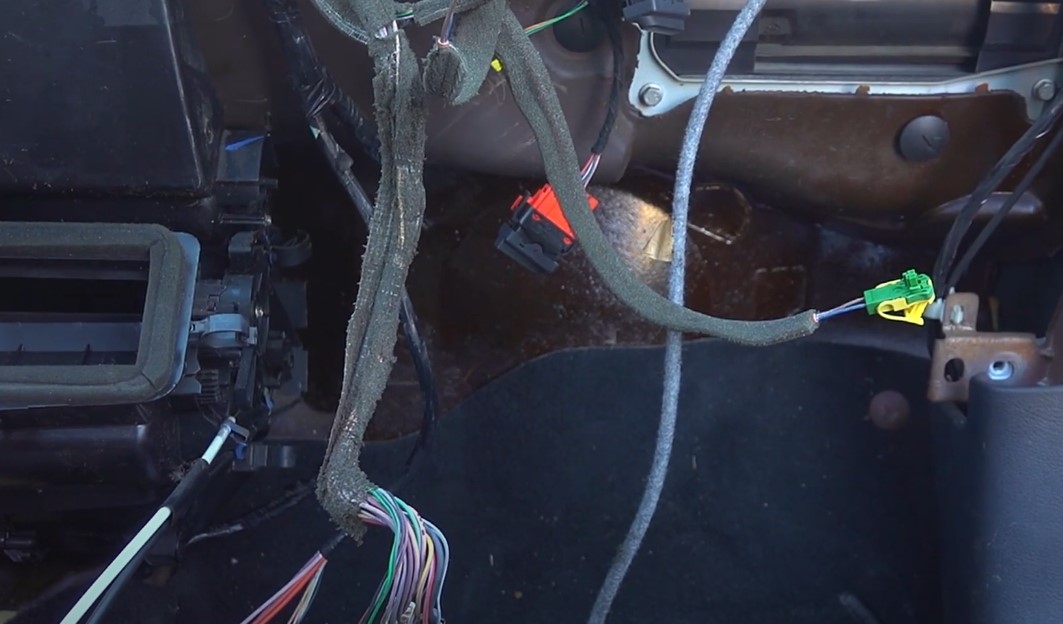
Fuses and relays act as protectors for various circuits in a car, ensuring that no single system is overwhelmed by electrical surges.
However, a blown fuse or a malfunctioning relay can disrupt power flow, causing features like headlights, radio, or air conditioning to fail.
Software Glitches
Modern vehicles rely heavily on software to operate their electrical systems. Bugs, outdated programming, or incompatibility issues between hardware and software can result in erratic behavior, such as random system shutdowns, error messages, or malfunctions in infotainment or navigation systems.
Poor Maintenance and Repairs
Inadequate maintenance or subpar repairs can also lead to chronic electrical problems. For example, an improperly installed aftermarket component or a poorly done wiring repair can introduce issues that weren’t present before. Regular inspections and professional servicing are key to preventing such problems.
Accidental Damage
Incidents like minor collisions, accidental wire cuts during repairs, or rodents chewing on wires can disrupt the electrical flow in your car.
Even something as simple as leaving the car lights on for an extended period can drain the battery, causing the system to malfunction.
Evaluating Repair Costs
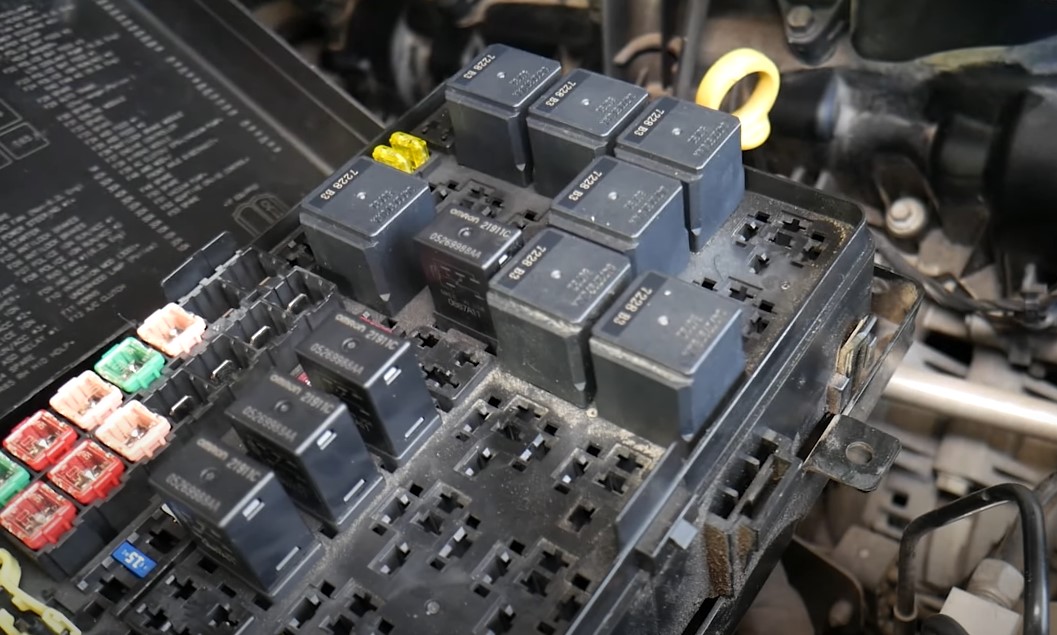
Before rushing into repairs, it’s very important to figure out how much it’s going to cost and whether the expense makes sense for your car’s value.
Minor Repairs
Replacing a fuse, fixing a loose connection, or swapping out a faulty sensor might not cost much. These fixes often make sense for vehicles in good overall condition.
Major Repairs
When the problem involves critical components like the engine control unit (ECU) or significant wiring replacements, costs can skyrocket.
To Repair or Not to Repair – Pros and Cons
- Cost Savings: Repairs are often cheaper than buying a new car. If the rest of your vehicle is in good shape, it might make financial sense.
- Avoiding Depreciation: New cars lose value quickly, especially in the first few years. Repairing your current car lets you skip this steep decline.
- Ongoing Problems: Fixing one issue doesn’t guarantee something else won’t break down soon after. Chronic problems can turn into an endless cycle.
- Time and Hassle: Frequent trips to the mechanic are not only costly but also disruptive to your daily life.
Considering a Sale
Sometimes, cutting your losses is the smarter move.
Advantages of Selling
- Peace of Mind: A newer or well-maintained car can give you reliability that your current vehicle no longer offers.
- Upgraded Features: Technology and safety features in newer models are better than ever, giving you more comfort and security.
Downsides of Selling
- High Costs: Buying a new car means taking on higher expenses, from monthly payments to insurance premiums and taxes.
- Depreciation: Even though you’re avoiding depreciation on your old car, a new car will lose significant value the moment you drive it off the lot.
Key Considerations Before Making Your Decision
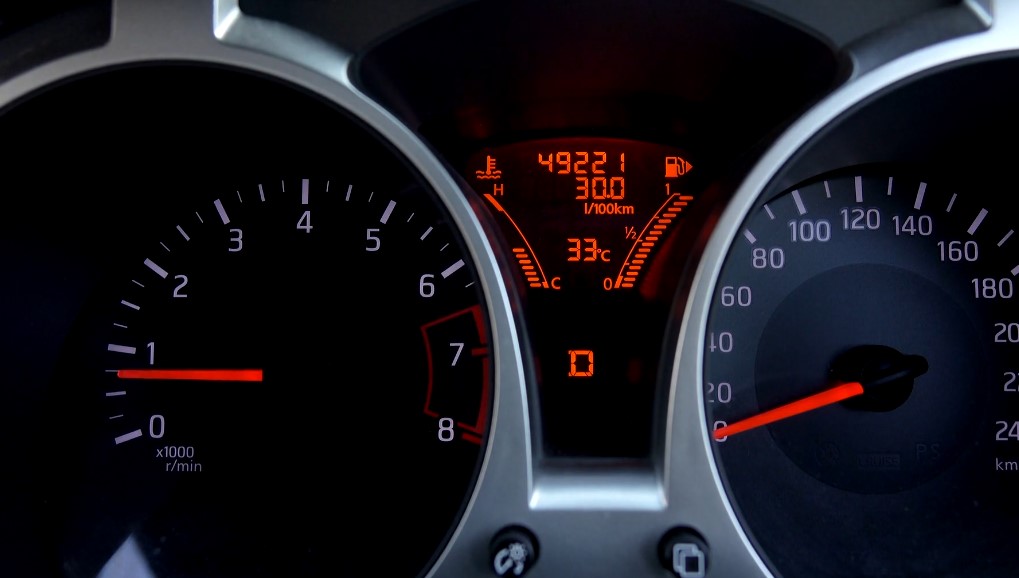
When weighing the pros and cons, consider these factors:
- Frequency of Issues: Are problems rare and easily fixed, or do they keep coming back?
- Age and Mileage: Older cars with high mileage are more prone to electrical and other problems.
- Safety Concerns: Electrical issues can sometimes compromise safety features, such as airbags or anti-lock brakes, posing a real risk.
- Sentimental Value: Your attachment to the car is valid but shouldn’t outweigh practical considerations like safety and cost.
Steps to Take Before Deciding
If you’re still on the fence, here’s how to gather more information:
Consult a Mechanic
Get a professional diagnosis to pinpoint the problem and understand the costs involved.
Research Common Issues
Check online forums and resources to see if your car’s make and model is known for specific electrical problems.
Look for Recalls
Manufacturers often issue recalls for known issues, which might mean free repairs for your car.
Know Your Car’s Value
Use tools like Kelley Blue Book to find out what your car is worth in its current condition.
Making the Final Call
When all is said and done, the choice between repairing or selling comes down to balancing your financial situation, emotional connection to the car, and tolerance for inconvenience.
If repairs are manageable and the car still meets your needs, fixing it might be the best option. But if safety, reliability, or costs are becoming an issue, selling could save you from further headaches.
Life is full of tough decisions, and choosing what to do with a car plagued by electrical problems is no exception. By weighing your options carefully and seeking advice from trusted sources, you’ll be able to move forward with confidence—no matter what you decide.
Related Posts:
- 10 Reasons Your Car Overheats When Sitting Idle (And…
- Think Google Can Fix Your Car? Here’s Why You’re…
- How to Check Suspension for Hidden Problems After…
- Used Volkswagen ID.4 - Common Problems After 5 Years
- When to Use the VSC OFF Button in Your Toyota…
- Should You Put Premium Gas in Your Car? Insights for…





